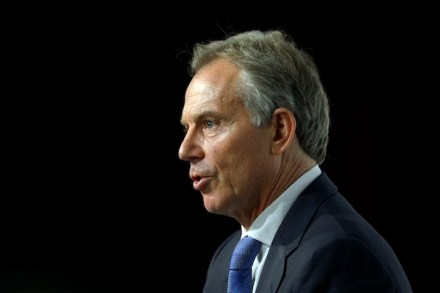Government expects to lose EU budget vote
While the rebel whips are still rounding up Tory MPs to vote against the government on the EU budget motion, which starts in the Commons shortly, a senior government source tells me that they now expect to lose the vote. David Cameron’s line at Prime Minister’s Questions that ‘at best we would like it cut, at worst frozen, and I’m quite prepared to use the veto if we don’t get a deal that’s good for Britain’ may not have taken the sting out of the rebellion itself, but it might be easier for the government to now argue that losing a vote on an amendment which calls for a cut is




















